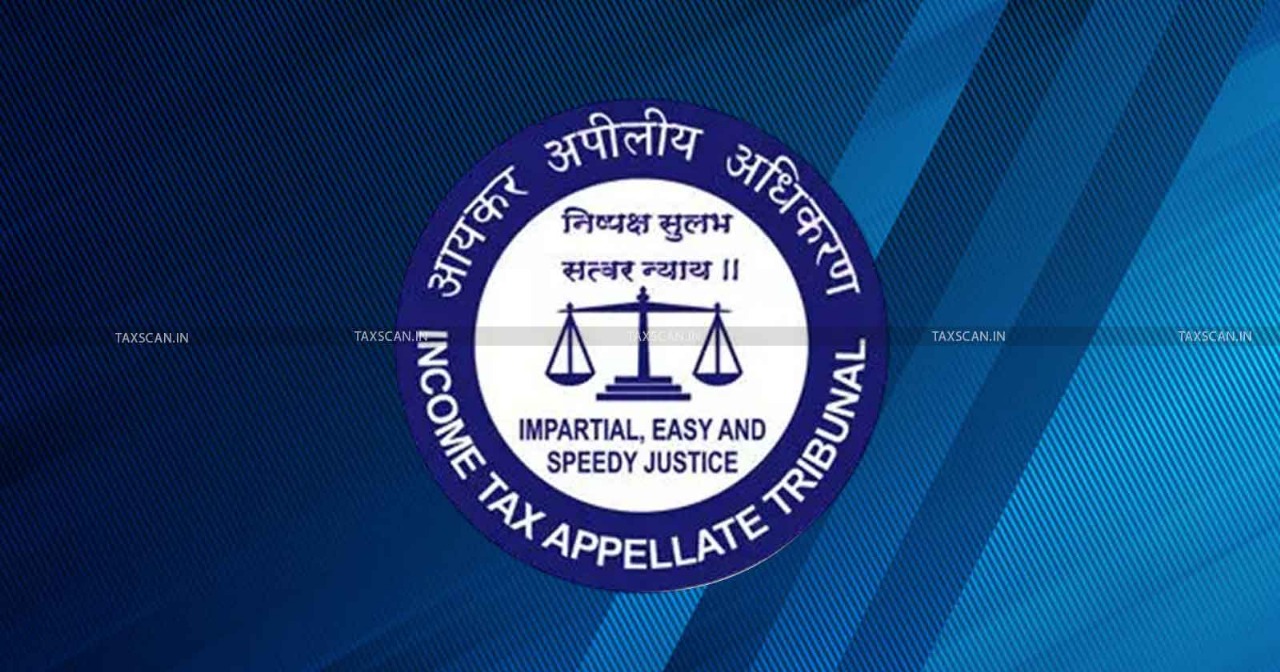AO Refuses Nil Withholding Tax Certificate Due to Valuation Ambiguity: Delhi HC Directs Fresh Valuation in Share Transfer Case [Read Order]
The Delhi HC sets aside denial of Nil TDS certificate to Bray Controls, directs fresh valuation to determine capital gains in intra-group share transfer
![AO Refuses Nil Withholding Tax Certificate Due to Valuation Ambiguity: Delhi HC Directs Fresh Valuation in Share Transfer Case [Read Order] AO Refuses Nil Withholding Tax Certificate Due to Valuation Ambiguity: Delhi HC Directs Fresh Valuation in Share Transfer Case [Read Order]](https://images.taxscan.in/h-upload/2025/07/18/2065052-ao-refuses-nil-withholding-tax-certificate-nil-withholding-tax-certificate-tax-certificate-taxscan.webp)
In a recent ruling, the Delhi High Court set aside an income tax order refusing a Nil withholding tax certificate due to valuation ambiguity in a proposed share transfer between related foreign entities.
Bray Controls South East Asia Pte Ltd, a Singapore-based company, filed a writ petition challenging the order passed by the Commissioner of Income Tax (International Taxation) under Section 264 of the Income Tax Act.
The petitioner sought a Nil withholding tax certificate under Section 195(2) in relation to its proposed purchase of shares of Bray Controls India Pvt. Ltd. from its U.S.-based affiliate, Bray International Inc.
 Also Read:ITAT Condones Significant Appeal Delay for Elderly Directors Citing Health Concerns Due to Pandemic [Read Order]
Also Read:ITAT Condones Significant Appeal Delay for Elderly Directors Citing Health Concerns Due to Pandemic [Read Order]
Comprehensive Guide of Law and Procedure for Filing of Income Tax Appeals, Click Here
The petitioner’s counsel argued that the share transfer would not lead to any capital gains because the sale consideration matched the historical cost of acquisition. They clarified that no tax treaty benefit was being claimed and the transaction would actually result in a capital loss in U.S. dollar terms.
The Assessing Officer rejected the request for Nil withholding, directing a 10% tax deduction on the entire transaction value. The officer believed there was a lack of clarity about the fair market value of the shares and that the petitioner had failed to provide valuation reports for the original acquisition.
The petitioner challenged this refusal by filing a revision application under Section 264, which was also rejected by the Commissioner. The Commissioner agreed that no treaty benefit was being claimed but upheld the AO’s decision stating that the valuation report submitted did not pertain to the correct period and that the transaction value was higher than the fair market value, raising doubts about its accuracy.
 Also Read:ITAT Condones Significant Appeal Delay for Elderly Directors Citing Health Concerns Due to Pandemic [Read Order]
Also Read:ITAT Condones Significant Appeal Delay for Elderly Directors Citing Health Concerns Due to Pandemic [Read Order]
The petitioner’s counsel argued that only the cost of acquisition, the proposed sale price, and the current fair market value were relevant for issuing the certificate. They also expressed willingness to furnish a fresh valuation report reflecting the current FMV of the shares as per Rule 11UA of the IncomeTax Rules.
Comprehensive Guide of Law and Procedure for Filing of Income Tax Appeals, Click Here
The division bench comprising Justice Vibhu Bakru and Justice Tejas Karia stated that the Revenue was not required to examine the historical cost in depth or reconsider the initial acquisition. It held that only the current sale transaction and its impact on capital gains needed to be considered. The court further stated that if the updated valuation shows no capital gain, the Revenue must issue a Nil withholding certificate.
The court set aside the impugned order and remanded the matter back to the Commissioner for fresh consideration. It directed the petitioner to submit a new valuation report within four weeks. The court ruled that if the proposed sale does not lead to a tax liability based on the new valuation, the Nil certificate must be granted. The writ petition was disposed of in these terms.
Support our journalism by subscribing to Taxscan premium. Follow us on Telegram for quick updates


